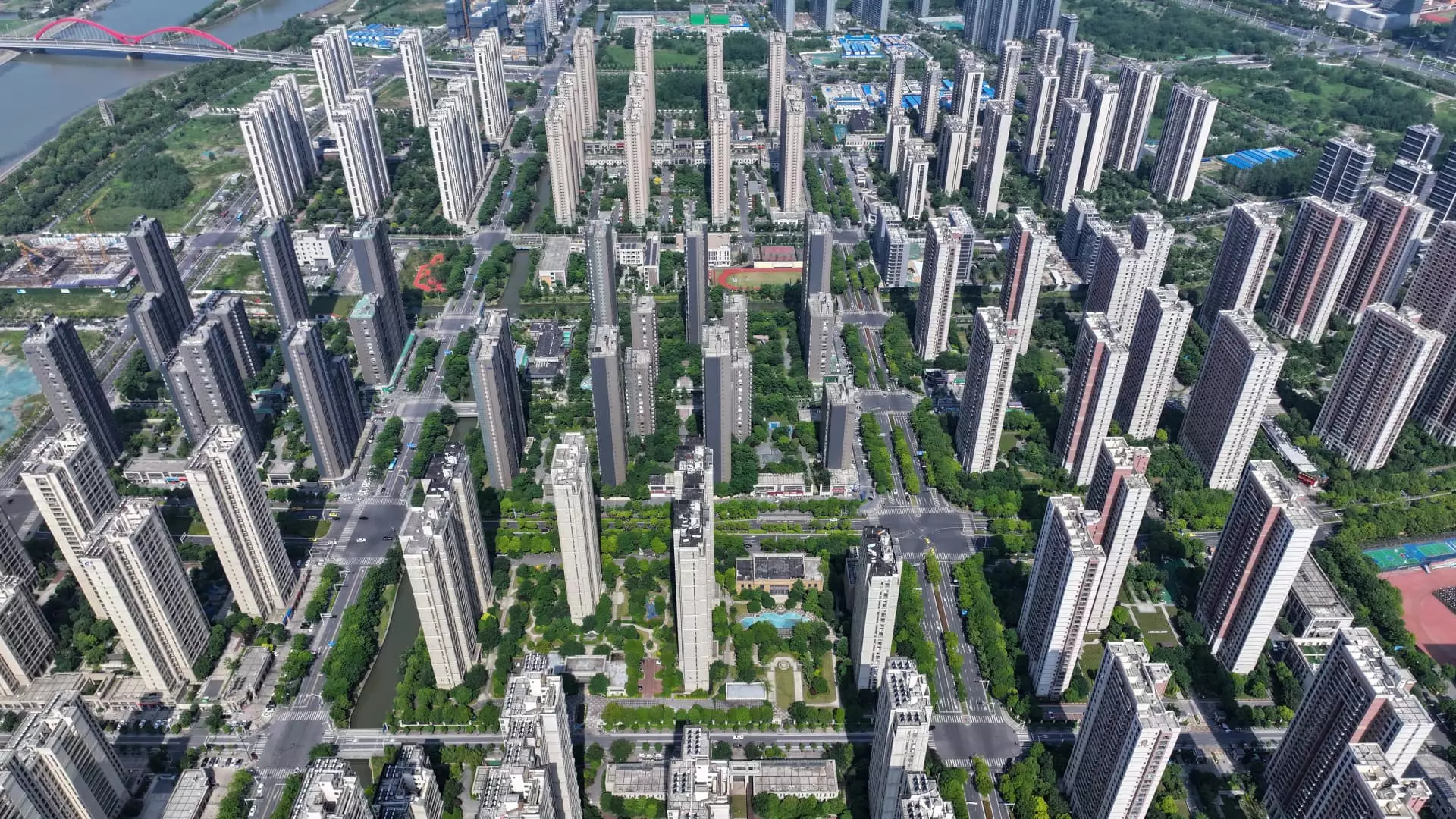The Chinese government has recently announced new measures to bolster the real estate sector, particularly aimed at supporting state-owned enterprises (SOEs) in purchasing unsold apartments. This initiative is intended to provide more funding for developers to complete construction on pre-sold properties. People’s Bank of China Deputy Governor Tao Ling revealed that the central bank would allocate 300 billion yuan to financial institutions to lend to local SOEs for the purchase of unsold apartments. This support is expected to release 500 billion yuan in financing for the acquisition of these properties, which could be transformed into affordable housing. The funds generated from the sales of these apartments can then be utilized by real estate companies to finalize construction on other properties.
In addition to supporting the purchase of unsold apartments, efforts have been made to ensure the completion and delivery of pre-sold properties. Commercial banks have provided loans totaling 935 billion yuan to finish construction on select projects that have been whitelisted since the program was initiated in January. Vice Premier He Lifeng stressed the importance of developers fulfilling their obligations in completing pre-sold homes. Dong Jianguo, deputy head of the Ministry of Housing and Urban-Rural Development, emphasized the need for accountability in the industry, stating that developers that cannot meet requirements should face bankruptcy, while those needing restructuring should undergo necessary changes.
While these measures aim to address issues in the real estate sector, challenges remain. Limited fiscal resources at the local government level may restrict the scale of property acquisitions. There is also a concern about potential rent seeking and moral hazard in decision-making processes related to purchasing properties. Zhu Ning, a finance professor, highlighted the discrepancy between housing prices and household income, emphasizing the need for a more sustainable approach to real estate price growth. The government’s decision to remove a floor on mortgage interest rates and lower down payment ratios for homebuyers reflects efforts to stimulate the real estate market.
The Chinese housing market has faced challenges in recent years, with delays in property deliveries and an oversupply of unsold apartments. Nomura estimated a significant number of pre-sold, unfinished properties in the market, contributing to prolonged clearing times for existing housing stock. The house price index reported a decline in April, indicating a challenging environment for the real estate sector. Analysts have expressed concerns about the implications of these developments on housing prices and market dynamics going forward.
The Chinese government’s efforts to support the real estate sector through measures such as facilitating SOE property purchases and promoting the completion of pre-sold homes are steps in the right direction. However, the sector continues to face challenges that require careful consideration and sustainable solutions to ensure long-term stability and growth. By addressing issues of oversupply, financing difficulties, and regulatory compliance, the government aims to foster a healthier real estate market that meets the needs of developers, homebuyers, and the economy as a whole.

